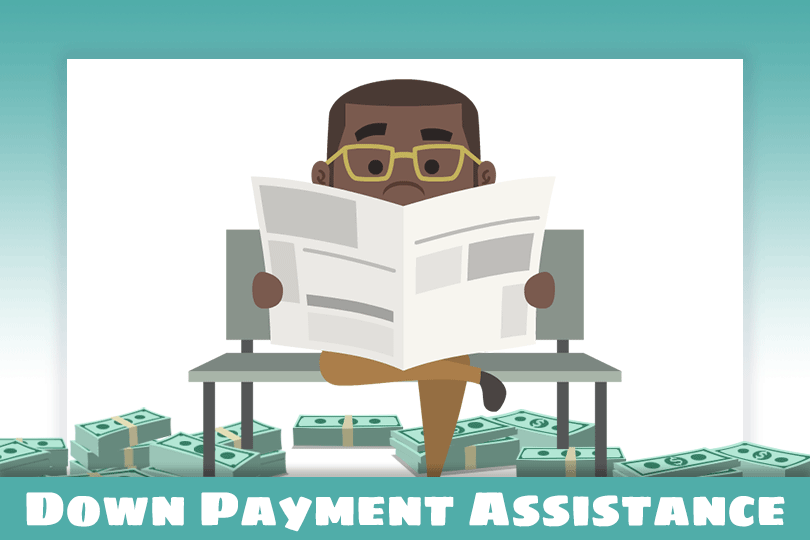The Three Types of Down Payment Assistance
March 24, 2021
As of 2019, 68% of homebuyers are making down payments of less than 20%. That means in addition to the chunk of money required upfront, borrowers need to pay additionally for the mortgage insurance, which is another deterrent to buying a home.
This is where Down Payment Assistance Programs come in. With the help of these programs, long time renters can make up the shortfall and purchase their first home. In addition, they can help potential homebuyers put down 20% on their home and avoid paying mortgage insurance.
Keep in mind that after the Housing and Economic Recovery Act of 2008, seller-funded down payment programs were outlawed. HUD rules state that anyone with a financial stake in the loan or its outcome may not offer any kind of down payment assistance. The law does, however, allow states and local government agencies to help borrowers finance their homes with second mortgages and grants.
Down Payment Assistance comes in three forms:
1. Grants
State and local agencies in addition to housing authorities offer eligible homebuyers down payment grants that can be put towards paying mortgage expenses like down payments and closing costs.
2. Second Mortgages
Many down payment assistance programs come in the form of a second mortgage with low- or zero-interest rates. These are usually deferred loans that need to be paid when the home is paid off, sold, or refinanced. In some cases, the loan is completely forgiven after a certain period.
3. MCC’s
A Mortgage Credit Certificate (MCC) is a tax credit issued by state or local government that allows a taxpayer to claim some portion of the mortgage interest paid. Keep in mind that this is not a tax deduction; it provides a dollar-for-dollar tax credit to homebuyers for the interest paid during a given tax year.
Buying a home is expensive enough as it is. Having a little help with the payments can go a long way. FHA.com has done some of the heavy lifting by compiling a list of Down Payment Assistance programs in all states. Look at the list find a program that will benefit you and bring you a step closer to owning your own home!
------------------------------
RELATED VIDEOS:
Consider the Benefits and Risks of a Joint Loan
Borrowers Should Know About the Origination Fee
Everyone Needs to Pay Their Property Tax

FHA Loan Articles
January 15, 2025Buying a condo with an FHA loan is an option some don’t consider initially, but it’s worth adding to your list of potential property types. FHA loans for condo units traditionally require condo projects to be on or added to the FHA-approved list. Still, changes in policy over the years allow borrowers to apply for FHA loans on condo units in projects not on the list on a case-by-case basis.
December 30, 2024When applying for an FHA loan, lenders will consider more than just your credit scores and history. They also look at other factors affecting your risk profile and the interest rate they offer you.
One factor is occupancy type. For FHA loans, this is straightforward because these loans require owner occupancy. Investment properties aren't eligible. While conventional loans may have different rates for primary residences, second homes, and investment properties, this isn't a concern with FHA loans.
December 18, 2024Did holiday spending get the better of you? Are you looking for ways to recover your spending plan as you search for a new home?
The holidays are a whirlwind of festivities, family gatherings, and gift-giving. But amidst the cheer, it's easy to lose track of spending. If you're aiming to buy a home in the near future, those extra expenses can have a bigger impact than you might realize, especially if you're considering an FHA loan.
December 17, 2024The Federal Housing Administration provides mortgage insurance on loans made by FHA-approved lenders, making homeownership more attainable for those who might not qualify for conventional loans.
While financial factors like credit score and debt-to-income ratio are key to loan approval, other non-financial aspects can also cause a denial.
December 11, 2024FHA loans, insured by the Federal Housing Administration, are a popular choice for many homebuyers, especially those who need a lower downpayment or more forgiving credit qualifying requirements. FHA loans are primarily intended for primary residences—homes that borrowers will occupy as their main dwelling.







